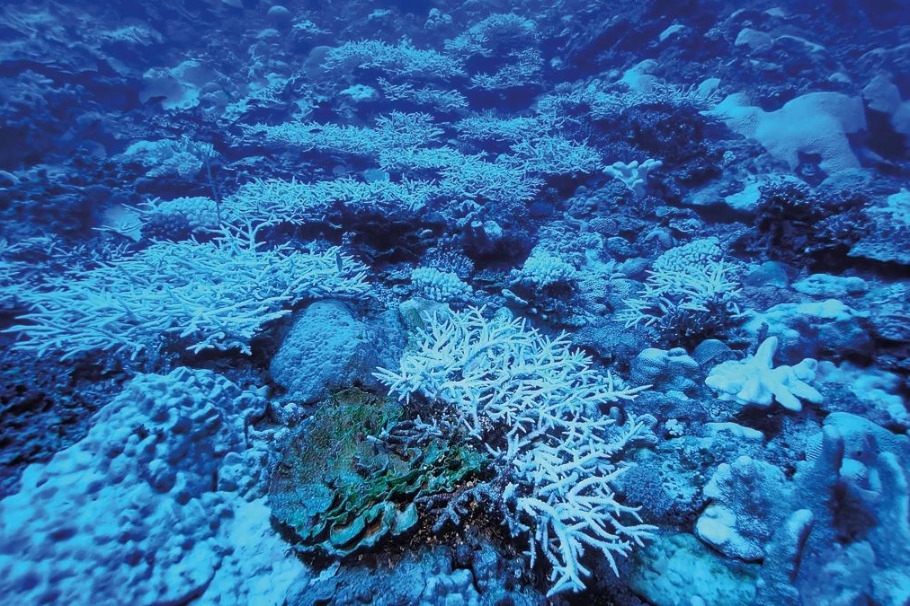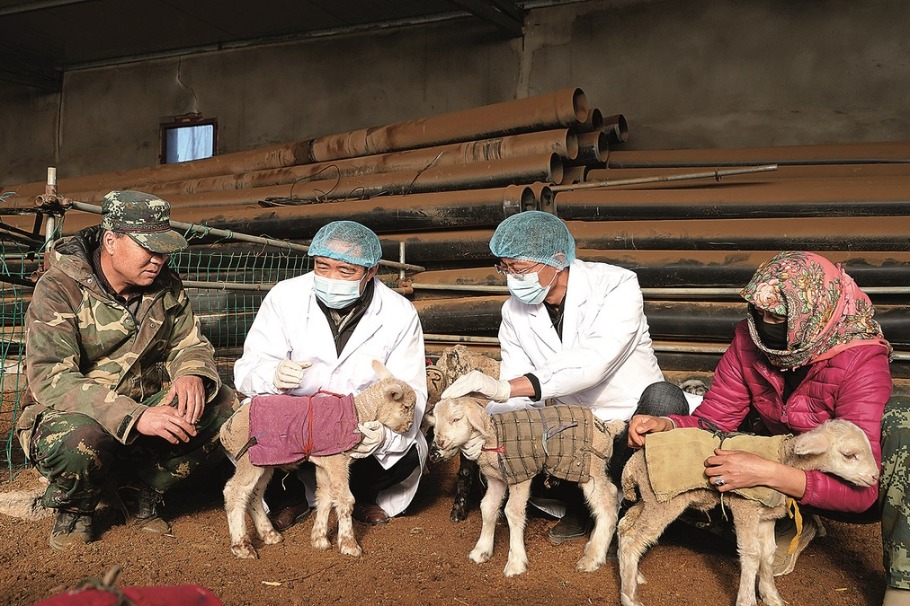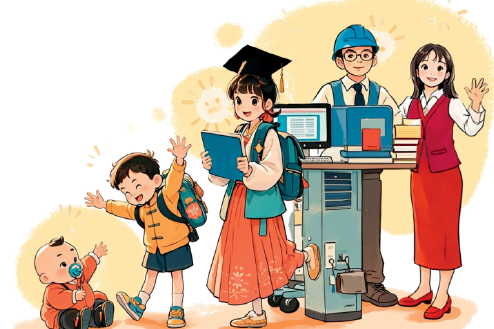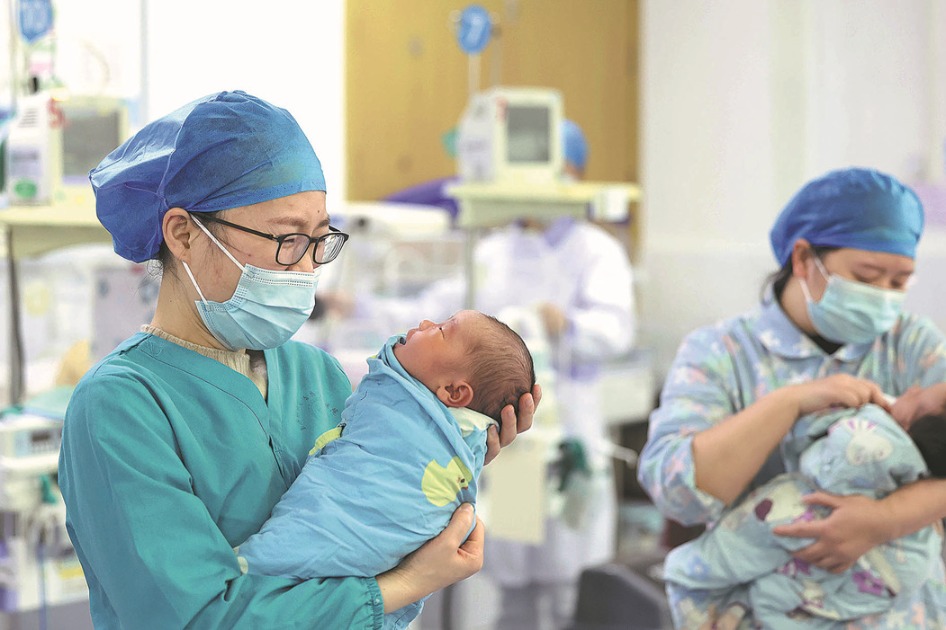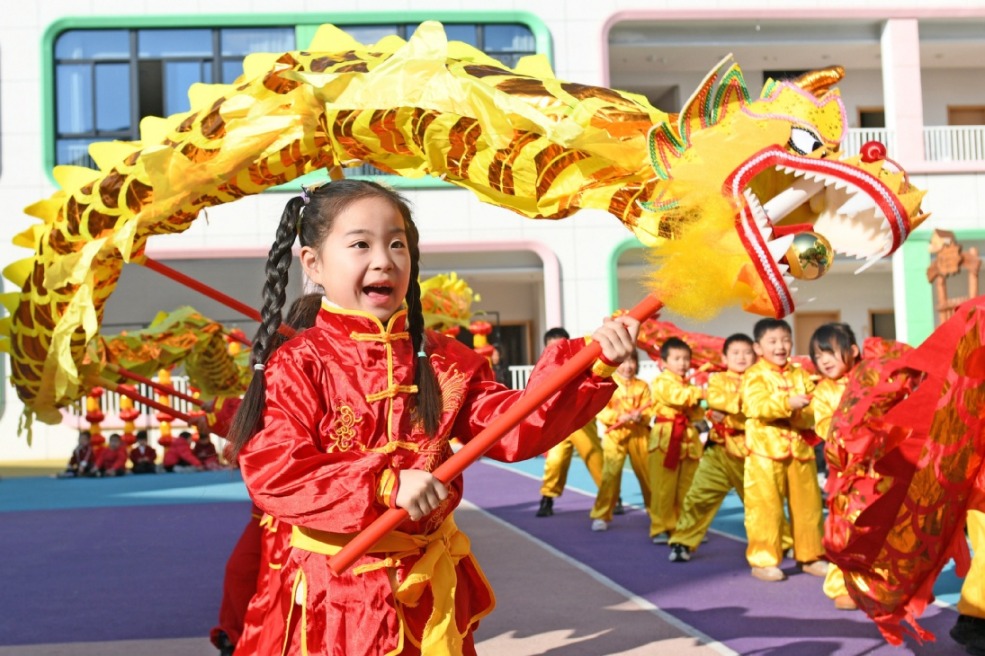Davos forum vital to global development and humanity

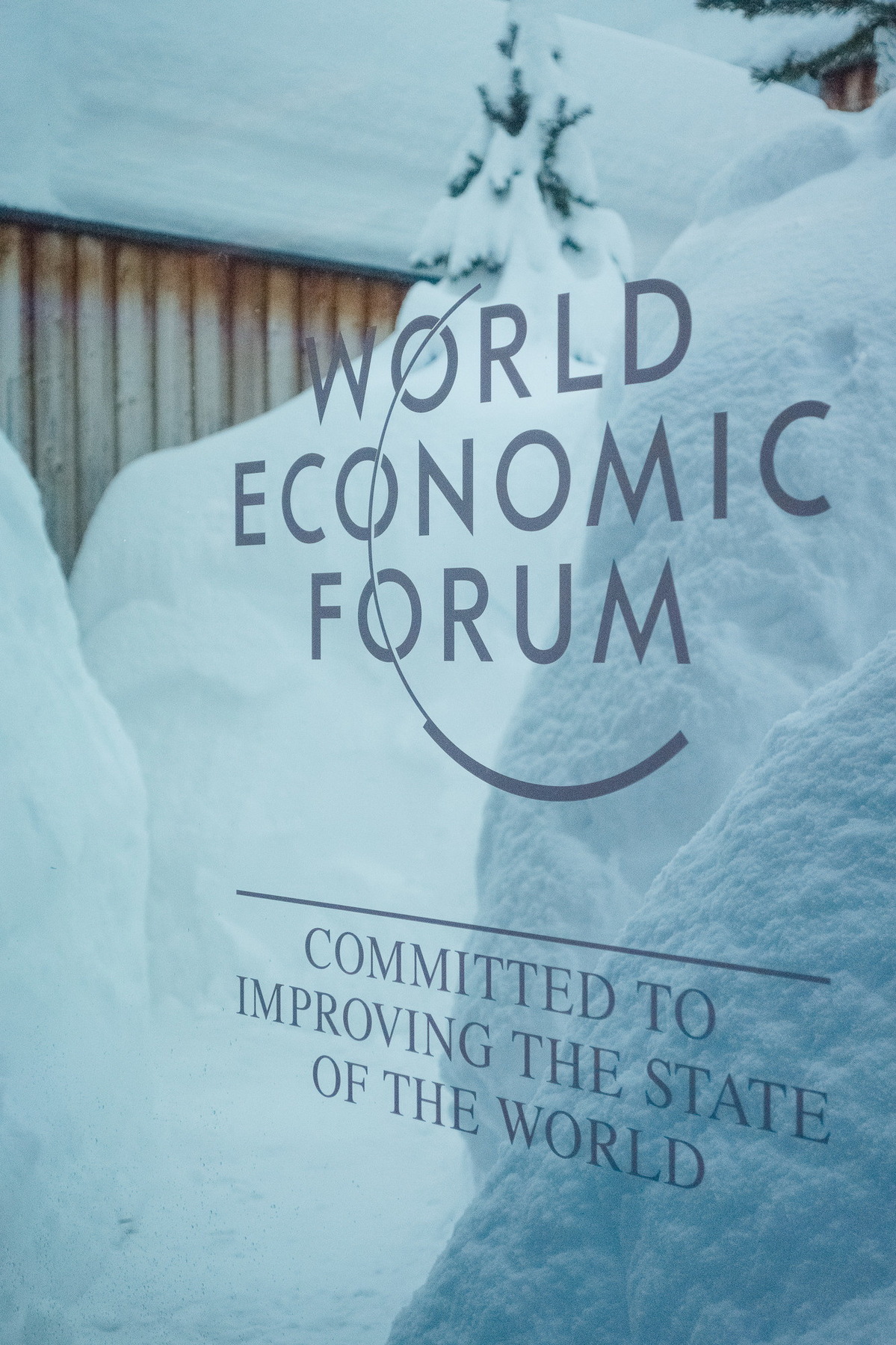
The COVID-19 pandemic forced organizers to hold this year's World Economic Forum's Davos Agenda via video link. Traveling to the beautiful Swiss ski resort for the event, as I did in the last two years, was an eye-opener. But it was also a hassle because I could only afford a hotel more than an hour's commute from the venue. And for speeches by the heads of state, journalists are seated in the back of the huge auditorium, far from the speaker.
In this sense, it was not too bad to attend online meetings, watching multiple sessions a day, including the speeches by President Xi Jinping on Monday, German Chancellor Angela Merkel, French President Emmanuel Macron and South African President Cyril Ramaphosa on Tuesday, and Republic of Korea President Moon Jae-in and Russian President Vladimir Putin on Wednesday. All this before I started writing this column.
The virtual forum, based on the theme "A Crucial Year to Rebuild Trust", is, for me, more important than the in-person ones over the past decades simply because of the unprecedented challenges facing the world today.
Common global challenges such as the COVID-19 pandemic, climate change, economic development, inequality, international governance, conflict and the potential of a new Cold War or even a hot war have never been as imminent as today, especially after the four years of the Donald Trump administration's disruptive and destructive policies.
When European Commission President Ursula von der Leyen sighed on Tuesday "after four long years", she was referring to the enormous damage done by the Trump administration to the United States, the European Union and the rest of the world.
Even President Putin was referring to the US when he bluntly pointed out that some countries are seeking enemies to divert the attention from their domestic problems.
President Xi's speech on Monday, like the one in 2017, was forward-looking and full of positive energy. His message on multilateralism, cooperation and inclusiveness are exactly what the world needs to build back better in the post-pandemic world and what the Davos forum aims to achieve this year.
Chancellor Merkel was unequivocal in her praise of the Regional Comprehensive Economic Partnership agreement inked by 15 Asia-Pacific economies with different political systems as well as the Comprehensive Agreement on Investment talks that were wrapped up on Dec 30 between the EU and China.
And for Western audiences, especially for China critics, Volkswagen Chairman and CEO Herbert Diess was so "politically incorrect" when he told the forum that it is easier for his company to invest in China than Chinese companies to invest in Germany and other Western economies.
The common message from both government and business leaders is that the world should uphold multilateralism, open and free trade, work together and jointly fight common global challenges instead of indulging in zero-sum games such as decoupling, trade wars, tech wars and ideological wars.
Although US President Joe Biden has been absent from the forum, the participants were hopeful that the US would reverse its course by abandoning the Trump administration's policies. The Biden administration has already given some positive messages such as announcing the US' return to the Paris climate accord and the World Health Organization. But there is a long list of issues that awaits quick and clear answers from Washington such as rejoining the Iran nuclear deal, lifting Trump's reckless, punitive tariffs, sanctions and technology restrictions, and halting efforts to divide the world and force countries to choose sides.
The world badly needs to rebuild trust, not just between so-called allies, but also, and especially, among countries with different political and economic systems.
There is hope that the World Economic Forum Special Annual Meeting 2021 in Singapore in May will further advance the agenda. Kudos to Klaus Schwab, WEF founder and executive chairman.
The author is chief of China Daily EU Bureau based in Brussels.
[email protected]
If you have a specific expertise and would like to contribute to China Daily, please contact us at [email protected], and [email protected].


















